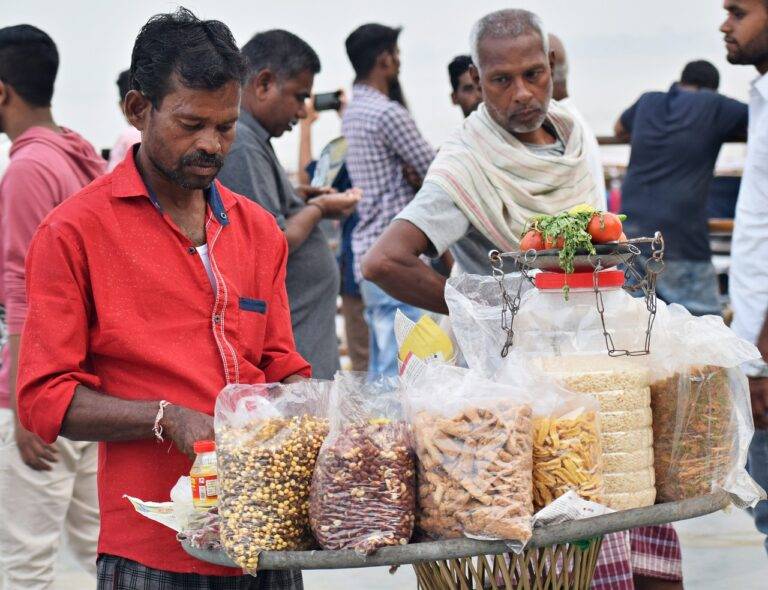Assessing the Role of Election Monitors in Ensuring Transparency
Election monitors play a vital role in ensuring free and fair elections by providing oversight and transparency. By observing polling stations, monitoring voter registration processes, and verifying election results, monitors help to uphold the integrity of the electoral process. Their presence helps to deter fraud, manipulation, and other irregularities, thus fostering public trust in the democratic process.
Furthermore, election monitors help to identify any issues or challenges that may arise during the election process, allowing for prompt intervention and resolution. Their impartial oversight also helps to prevent any undue influence or interference that could compromise the legitimacy of the election results. Overall, the work of election monitors is essential in safeguarding the democratic principles of transparency, accountability, and fairness in electoral processes.
The History of Election Monitoring
Election monitoring dates back to the early 20th century when international organizations began overseeing elections in various countries to ensure fairness and transparency. The League of Nations played a crucial role in monitoring elections to promote democracy and prevent electoral fraud.
Over time, election monitoring has evolved significantly with the establishment of specialized organizations like the International Foundation for Electoral Systems (IFES) and the Organization for Security and Co-operation in Europe (OSCE). These organizations conduct thorough assessments of electoral processes, provide recommendations for improvement, and help countries uphold democratic values during elections.
What is the purpose of election monitoring?
The purpose of election monitoring is to ensure that elections are conducted fairly, transparently, and without any interference or fraud.
When did election monitoring first begin?
Election monitoring dates back to the 19th century when civil society organizations started observing elections to ensure their fairness.
How do election monitors ensure a fair election process?
Election monitors observe the entire election process, from voter registration to the counting of votes, to ensure that all procedures are being followed correctly and that there is no tampering or fraud.
Who can be an election monitor?
Election monitors are usually volunteers from civil society organizations, non-governmental organizations, or international bodies who are trained in election monitoring techniques.
What are some of the key responsibilities of election monitors?
Some key responsibilities of election monitors include observing polling stations, interviewing election officials and voters, collecting and analyzing data, and reporting any irregularities or violations of election laws.





